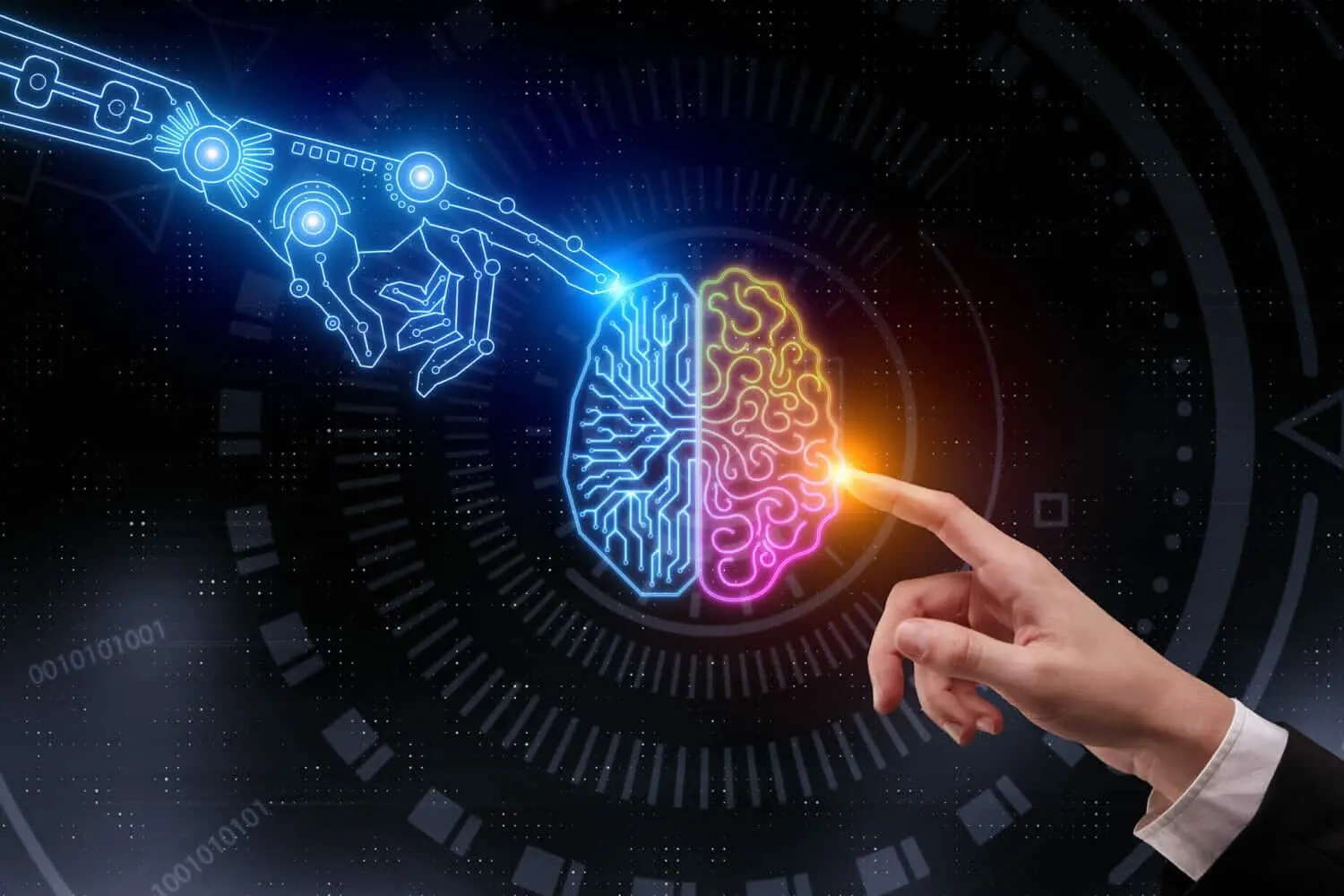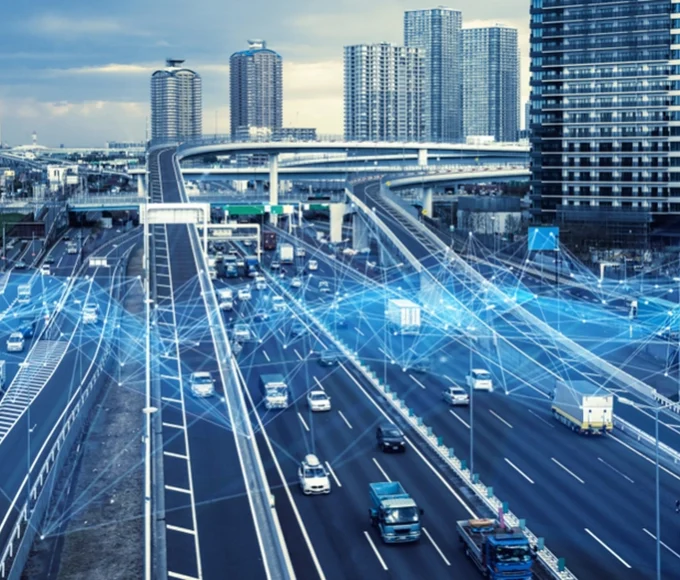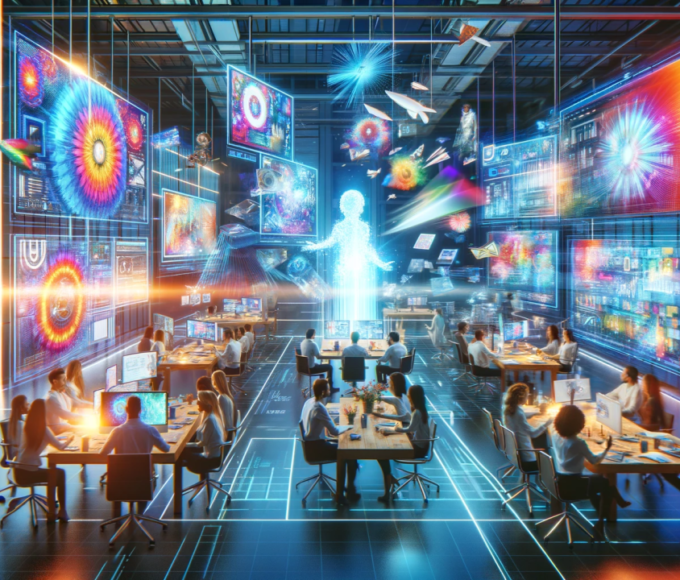In the digital age, the education sector is undergoing a profound transformation driven by technological advancements. Among these, artificial intelligence (AI) stands out as a game-changer, offering unprecedented opportunities to enhance learning experiences, personalize education, and foster a new era of collaboration between AI and human intelligence. The future of education lies in harmonizing these two forces to create a more effective, inclusive, and dynamic learning environment.
The Rise of AI in Education
AI has already made significant inroads into education, with applications ranging from intelligent tutoring systems to predictive analytics that help identify at-risk students. These technologies are reshaping traditional educational models by offering personalized learning experiences tailored to individual students’ needs, strengths, and weaknesses.
Personalized Learning
AI-driven platforms can analyse vast amounts of data to understand each student’s learning style, pace, and preferences. By leveraging this information, AI can create customized learning paths, ensuring that students receive the support they need to succeed. This personalized approach not only enhances learning outcomes but also fosters a more engaging and motivating educational experience.
Intelligent Tutoring Systems
Intelligent tutoring systems (ITS) use AI to provide real-time feedback and guidance to students. These systems can adapt to a student’s performance, offering targeted assistance and additional resources when needed. This adaptive learning technology helps bridge gaps in understanding, ensuring that no student is left behind.
Enhancing Human Intelligence with AI
While AI offers powerful tools for education, the role of human intelligence remains irreplaceable. The future of education hinges on the effective integration of AI to complement and enhance human intelligence, rather than replace it.
Collaborative Learning
AI can facilitate collaborative learning by connecting students with peers, mentors, and experts from around the world. Virtual classrooms and online platforms powered by AI can create dynamic learning communities where students can share knowledge, collaborate on projects, and learn from diverse perspectives.
Teacher Augmentation
AI can serve as a valuable assistant to educators, handling administrative tasks, grading, and providing insights into student performance. This allows teachers to focus on more critical aspects of education, such as fostering creativity, critical thinking, and emotional intelligence. By augmenting teachers’ capabilities, AI can help create a more personalized and effective learning environment.
Ethical Considerations and Challenges
As AI becomes more integrated into education, it is crucial to address ethical considerations and potential challenges. Issues such as data privacy, algorithmic bias, and the digital divide must be carefully managed to ensure that AI benefits all students equitably.
Data Privacy and Security
The use of AI in education involves the collection and analysis of vast amounts of student data. Ensuring the privacy and security of this data is paramount. Educational institutions must implement robust data protection measures and adhere to strict ethical guidelines to safeguard students’ personal information.
Algorithmic Bias
AI systems can inadvertently perpetuate biases present in their training data, leading to unfair treatment of certain groups of students. It is essential to develop and deploy AI systems that are transparent, accountable, and designed to mitigate bias. Continuous monitoring and evaluation of AI systems can help identify and address potential biases.
Preparing for the Future
To fully harness the potential of AI in education, it is essential to prepare students, educators, and institutions for the changes ahead. This involves investing in digital literacy, fostering a culture of lifelong learning, and promoting interdisciplinary collaboration.
Digital Literacy
Students and educators must be equipped with the skills and knowledge to navigate an AI-driven educational landscape. This includes understanding how AI works, its potential applications, and its limitations. Digital literacy programs can empower individuals to use AI responsibly and effectively.
Lifelong Learning
The rapid pace of technological change means that learning cannot be confined to the traditional classroom. Emphasizing lifelong learning and continuous skill development is crucial to ensure that individuals can adapt to new challenges and opportunities presented by AI.
Interdisciplinary Collaboration
The integration of AI in education requires collaboration between educators, technologists, policymakers, and other stakeholders. By working together, these groups can develop innovative solutions that leverage AI to enhance education while addressing ethical and practical challenges.
The future of education lies in the harmonious integration of AI and human intelligence. By leveraging AI’s capabilities to personalize learning, augment teaching, and facilitate collaboration, we can create a more effective and inclusive educational system. However, it is essential to address ethical considerations and prepare for the challenges ahead.
With the right strategies and a commitment to continuous learning, we can harness the power of AI to shape a brighter future for education.
















Leave a comment